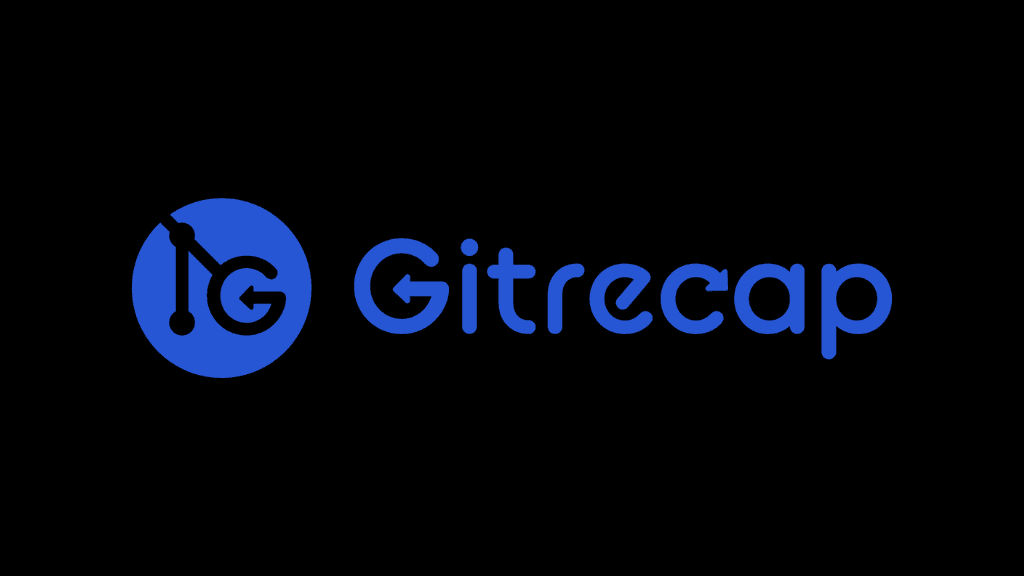How to Get Daily GitHub Reports Without Writing Scripts
Skip the custom scripts and API calls. Learn how to set up automated daily GitHub reports in minutes with zero coding required.

The Problem: GitHub API Fatigue
If you've ever tried to automate GitHub reporting, you know the drill:
- Write a custom script to fetch commits, PRs, and issues via the GitHub API
- Handle pagination, rate limits, and authentication
- Format the data into readable reports
- Set up cron jobs or scheduled tasks to run it regularly
- Maintain the script as the GitHub API evolves
The result? Weeks of development time for something that should take minutes—and ongoing maintenance that pulls focus from actual product work.
There's a better way: No-code GitHub reporting tools that deliver automated summaries without a single line of custom code.
Why Writing Custom GitHub Scripts is Overkill
Many developers default to building custom reporting scripts because they want full control. But this approach comes with hidden costs:
1. Time Investment
Building a basic GitHub activity tracker requires:
- Learning the GitHub REST or GraphQL API
- Handling authentication (OAuth, tokens)
- Managing API rate limits (5,000 requests/hour)
- Parsing and formatting JSON responses
- Creating email/Slack delivery logic
Estimated effort: 20-40 hours for a basic implementation.
2. Maintenance Burden
Once your script is live, you'll need to:
- Update it when GitHub API changes
- Fix bugs when edge cases appear
- Add features as team needs evolve
- Monitor script execution and handle failures
Ongoing cost: 2-5 hours per month.
3. Scalability Challenges
As your tracking needs grow, scripts become harder to manage:
- Multi-repo tracking increases API calls and complexity
- Custom formatting for different teams adds branching logic
- Historical reporting requires database storage
What started simple becomes a mini-platform—taking time away from core engineering work.
The No-Code Alternative: Automated GitHub Reporting Tools
Instead of building custom scripts, modern GitHub reporting tools provide plug-and-play automation that handles:
- API authentication and rate limiting
- Data fetching across multiple repositories
- Report formatting and customization
- Scheduled delivery to Slack or email
- Historical tracking and exports
Setup time: Under 2 minutes. Maintenance: Zero.
For most teams, GitRecap offers the simplest setup with zero configuration—just connect GitHub and start receiving reports.
Try GitRecap's free demo: Generate a GitHub activity report for any public repository in 30 seconds—no sign-up, no scripts, no hassle.
What to Expect in Your Automated GitHub Reports
A good automated GitHub report includes:
Commit Activity
- Commits by contributor with timestamps
- Files changed and lines added/removed
- Commit messages and branch information
Pull Request Tracking
- PRs opened, merged, and closed
- Review status and approvals
- Time to merge metrics
Issue Management
- Issues created and resolved
- Assignment and labeling
- Issue age and priority
Contributor Insights
- Activity breakdown by team member
- Contribution trends over time
- New contributors and their first contributions
Real-World Example: How Open-Source Projects Use Automated Reporting
Projects like PostHog, Appsmith, and Cal.com use Gitrecap to:
- Track community contributions — Monitor open-source activity without manual checking
- Share progress publicly — Generate shareable reports for stakeholders and sponsors
- Maintain team alignment — Deliver daily summaries to core maintainers via Slack
Result: Full visibility into repository activity with zero scripting effort.
Why Gitrecap is the Easiest Way to Automate GitHub Reports
Gitrecap was built specifically for teams who want zero-friction automation:
- 30-second setup — Connect GitHub and start receiving reports immediately
- No configuration required — Smart defaults work for 90% of use cases
- Unlimited repositories — Track as many projects as you need
- Slack + email delivery — Reports arrive where your team already works
- On-demand reports — Generate custom summaries for any date range
- PDF exports — Save and share reports for retrospectives
Free trial: Try Gitrecap with any public repository—no sign-up required.
Comparing Custom Scripts vs. No-Code Tools
| Factor | Custom Scripts | Gitrecap |
|---|---|---|
| Setup Time | 20-40 hours | 30 seconds |
| Maintenance | 2-5 hours/month | Zero |
| API Management | Manual | Automatic |
| Multi-Repo Support | Complex | Built-in |
| Slack Integration | DIY | One-click |
| Historical Data | Requires DB | Included |
| Cost | Dev time | Free trial + paid plans |
Best Practices for Automated GitHub Reporting
- Start with daily reports — Establish baseline visibility before moving to weekly summaries
- Use Slack for team-wide transparency — Email works for managers, but Slack keeps everyone aligned
- Track multiple repositories — Don't limit tracking to one project; monitor entire portfolios
- Export reports for retrospectives — Use historical data for sprint reviews and evaluations
- Avoid custom scripts unless absolutely necessary — No-code tools save time and reduce maintenance
Final Thoughts: Stop Scripting, Start Automating
Custom GitHub scripts made sense five years ago—but today, no-code reporting tools offer better automation with zero maintenance.
If your goal is daily GitHub reports, skip the API documentation and use a tool designed for this exact purpose. You'll save weeks of development time and eliminate ongoing maintenance.
Try Gitrecap's free demo: Generate a GitHub activity report for any public repository in 30 seconds—no sign-up, no scripts, no hassle.
Ready to Automate GitHub Activity Tracking?
If you'd like to automate GitHub activity tracking, try Gitrecap — no sign-up required.
Related Articles
How to Track GitHub Activity Like Jira (Without the Complexity)
Tired of complex project management tools? Discover how to track GitHub activity with Jira-like visibility using simple, automated reporting tools.
5 Free Tools to Track GitHub Team Activity Automatically
Discover the top 5 free tools that automatically track GitHub team activity, helping you monitor productivity without manual work.